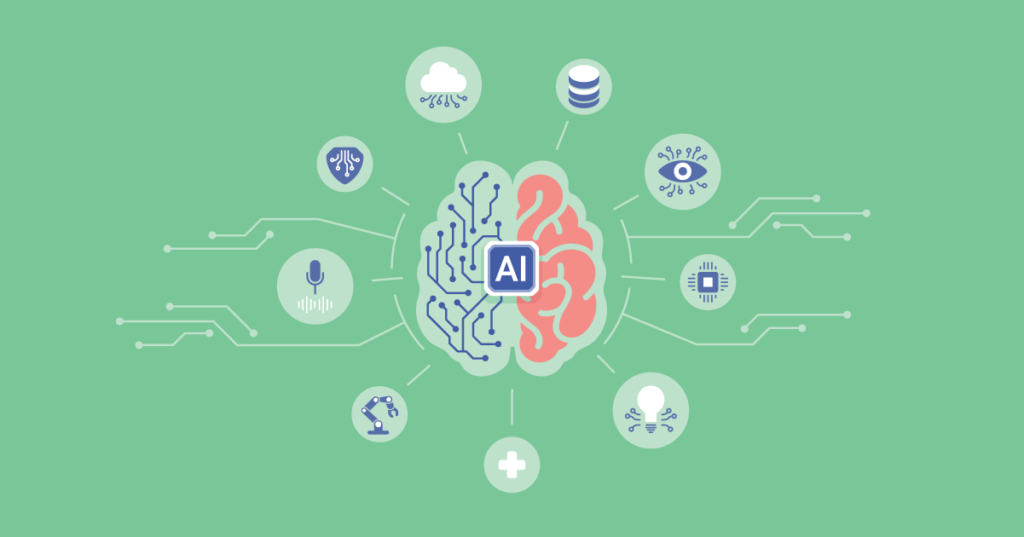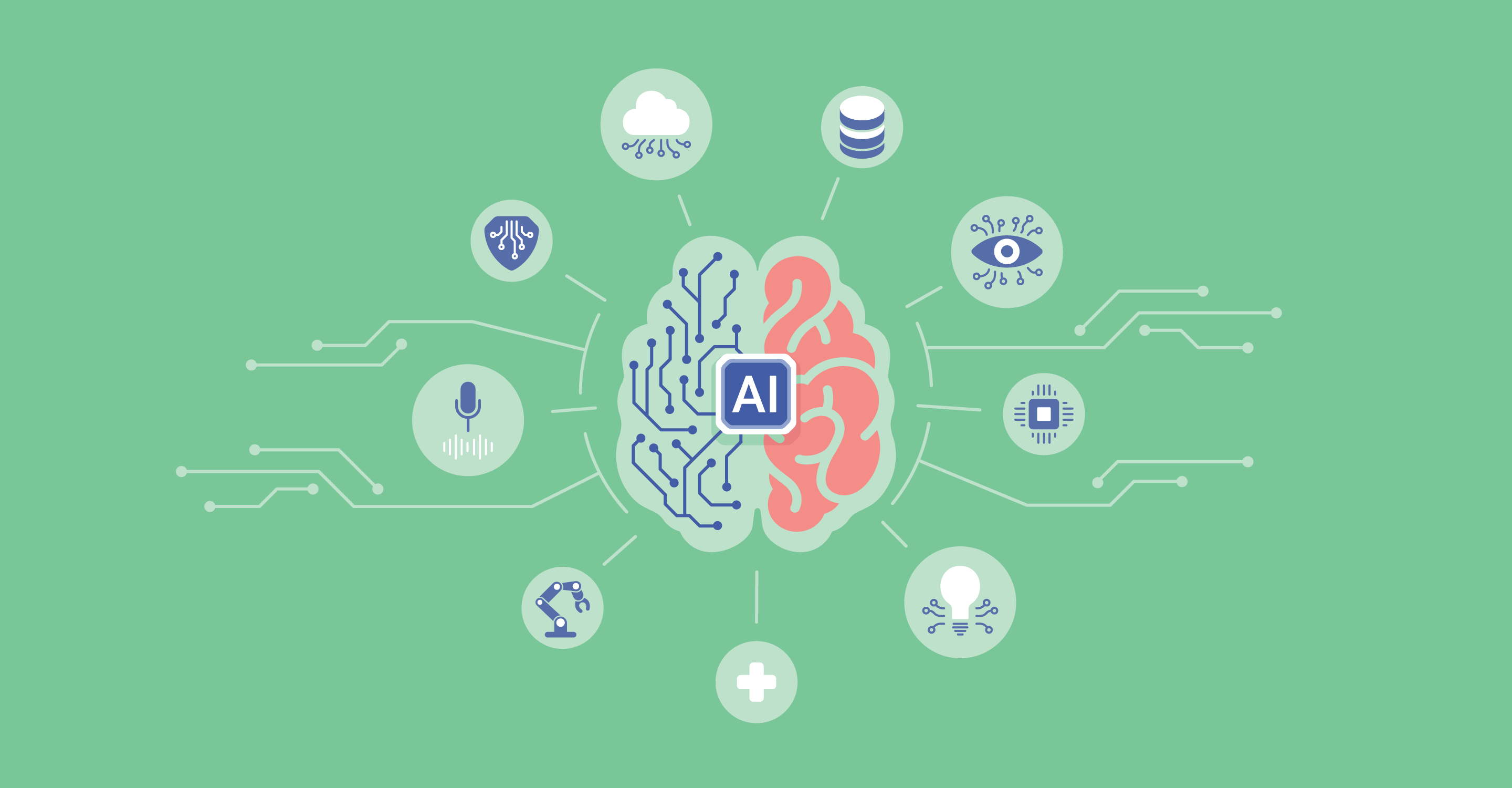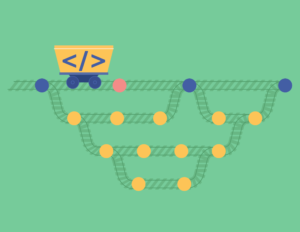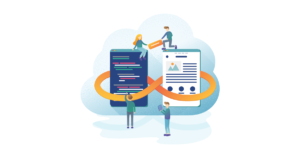From promises of bringing forth an imminent utopia to marking the end of the human race entirely, artificial intelligence has often been the subject of much hype and very little substance. In recent years, however, with voice assistants and conversational UIs now dominating both homes and the media, public fascination may have finally peaked at fever pitch. But in the age of Siri and self-driving cars, how close are we really to a so-called singularity, is AI in its present form a worthy investment for your startup or business, and above all, how does artificial intelligence work today? Join Software Planet Group as we seek to answer all of these questions.

AI systems are incredibly versatile. By sorting through large amounts of data generated by humans, they are able to perform intelligent searches, discover patterns in complex data, examine both text and images, and finally act on those findings as programmed. At this point in history, however, no machine can just learn automatically, so the following components will also be needed:
- GPUs are an important AI enabler, as they provide the required computing power to not only process massive quantities of data but perform reliable calculations.
- The Internet of Things (IoT) is essential to the gathering of data. It may be defined as the total network of personal and household devices that are currently connected to the internet, and is predicted to reach over 100 billion devices by the year 2025.
- Advanced algorithms are also needed to optimise intelligent data processing and enable faster multilevel data analysis. This technology is equally useful to make sense of naturally complex systems and preempt predictable future events.
Moreover, with the additional help of machine learning APIs, we can plug artificial intelligence into virtually any existing software, thus enhancing its intended functionality with cutting-edge AI technologies.
Components of Artificial Intelligence
So to put this realistically, the “AI” technologies that are available today give us new ways to interact with our systems and empower businesses to finally benefit from the opportunities originally posed by big data. But how does artificial intelligence work on a technical level?
Machine learning
Machine learning refers to the development of complex algorithms that are able to analyse data and make predictions as and when required. For example, it can be used to predict which Netflix series you might wish to watch after your favourite programme, or even the best route for your Uber to take. Beyond these day-to-day applications, however, machine learning is also applied to other industries such as healthcare, digital marketing and retail.
Deep learning
A subset of machine learning, deep learning aims to mimic the neural networks of the human brain by making expert use of artificial neural networks (ANNs). With multiple layers of ANNs working together, machines are able to do things such as spotting a face in a mosaic of tiles. This is done through both positive and negative reinforcement, which requires continuous processing without any human intervention at all. A popular form of deep learning is speech recognition, which enables your mobile’s voice assistant to understand and respond to your questions.
Neural networks
As mentioned above, neural networks are what make deep learning a possibility. Inspired by the human brain, they enable AI learning through processing training examples. For instance, by processing a large data set of 1,000 dog photos, the machine could then produce a single output (e.g. an answer to the question, “is there a dog in the following image?”). In essence, therefore, neural algorithms analyse data to not only discover relevant associations but give new meaning to seemingly random information.
Cognitive computing
Cognitive computing systems are yet another vital AI component. Their main purpose is to improve human decision making by recreating the human thought process in a computer model. This is done by understanding human language and the subtle meaning behind ordinary images. In this way, cognitive computing may be used in speech recognition, sentiment analysis, risk assessment, fraud detection and others. Although this was previously reserved for large enterprises, today, cognitive cloud computing is also becoming increasingly more popular, bringing efficiency and affordability to startups and SMBs at last.
Natural language processing
You may also wonder “how does artificial intelligence work in Siri?” and the answer is Natural Language Processing (NLP). NLP enables computers to accurately recognise, interpret, and even produce human language and speech. Ultimately, its primary objective is to streamline interaction with the machines we use on a day-to-day basis by teaching computers to understand our languages and provide logical and helpful responses. Another example of NLP in action is the Skype Translator feature, which enables users to talk in their native tongues with the translation provided in real time.
Computer vision
Computer vision is an integral part of artificial intelligence that enables computers to derive information from digital images. The technique implements both deep learning and pattern identification to reliably interpret graphs, tables, pictures and other content within documents and videos. Computer vision is already revolutionising the healthcare sector today as it may be employed to evaluate x-rays and detect cancer in MRI scans.
The History of Artificial Intelligence
Surprising though the thought may seem, humanity has been dreaming of sentient robots since the days of Ancient Greece. The myth of Hephaestus and Pygmalion (try saying that seven times) speaks of a human-like machine called Talos which was responsible for guarding Crete from incoming pirates and other invaders.
With this allure still deeply ingrained in our collective psyche, it becomes easy to see why any sign of artificial intelligence would be greeted with utmost enthusiasm.
The flipside to this, of course, is that every decade or so, we end up with these random bouts of excitement which may certainly represent some progress in the AI department, but remain in fact far removed from an actual Talos homebot for all. Nevertheless, as seen in the examples above, what we do possess is undeniably still impressive.
Artificial Intelligence and the Power of Data Analytics
So to understand where we really are today, it’s important to clarify our terms: despite what we hear about in the news, google “how does artificial intelligence work” and nine times out of ten, your results will be referring to machine learning and data analytics, technologies that not only do not constitute actual artificial intelligence, but have also been in existence for a number of unremarkable years.
But what then is novel or at least notable about machine learning algorithms? Well, because software developers have recently paired them with the treasure trove of big data analytics, companies are now free to unlock a whole host of exciting possibilities.
This is how, for instance, when you are typing up a document in Google Docs or Microsoft’s Office 365, the suites can provide you with grammar and even clever editorial suggestions. Though this feature may be useful and even somewhat entertaining, it is certainly not what comes to mind when the average person thinks of AI.
Benefits of Artificial Intelligence
With huge sums of money being spent towards developing human-like sentience in machines, whilst true consciousness remains decisively out of reach, the future looks bright for artificial intelligence:
1. Reduction in human error
The expression “only human” was born because from time to time we all make mistakes. Computers, however, are not prone to the same mindless errors.
2. Automation of repetitive tasks
While we often perform mundane, repetitive activities, using artificial intelligence enables companies to give their workforce more fulfilling tasks.
3. Low risks for humans
Whether defusing a bomb, exploring space or even dealing with radioactive contamination, we can also employ AI to eliminate risk to human life.
4. Increased availability
One of the many benefits of AI for business is that we can benefit from tireless “employees” who can work for us 24/7, without breaks, fatigue or burnout.
5. Sustainability
Artificial intelligence paves the way for the emerging circular economy as it supports human innovation to build more eco-friendly products and services.
Should You Adopt AI?
And so now, the question remains: is it time for your startup or business to hop aboard the artificial intelligence hype train? The simple answer is a resounding yes, as in all likelihood, this will enable you to stay competitive and provide your customers with a much better user experience.
Nonetheless, every case is unique, so you should never be fooled into thinking that just any piece of AI technology will be sufficient to guarantee your success. Instead, picking the right solution is infinitely more important.
Look to the Smartest AI Solutions for Answers
When deciding whether to invest in AI, it is important to examine the best possible examples of artificial intelligence for business today. Without a doubt, these will include Vertex-AI (formerly Google cloud AI platform), IBM Watson and Microsoft’s Azure Machine Learning Studio. So how does artificial intelligence work at Software Planet Group? Well, we create powerful bespoke AI solutions that take advantage of all of these services. By tackling the root cause of your company’s problems, ensuring your product fulfils the market’s expectations and delivering an unparalleled user experience through continuous feedback and timely MVPs, we can help your company find value amidst the saturated hype haystack.



